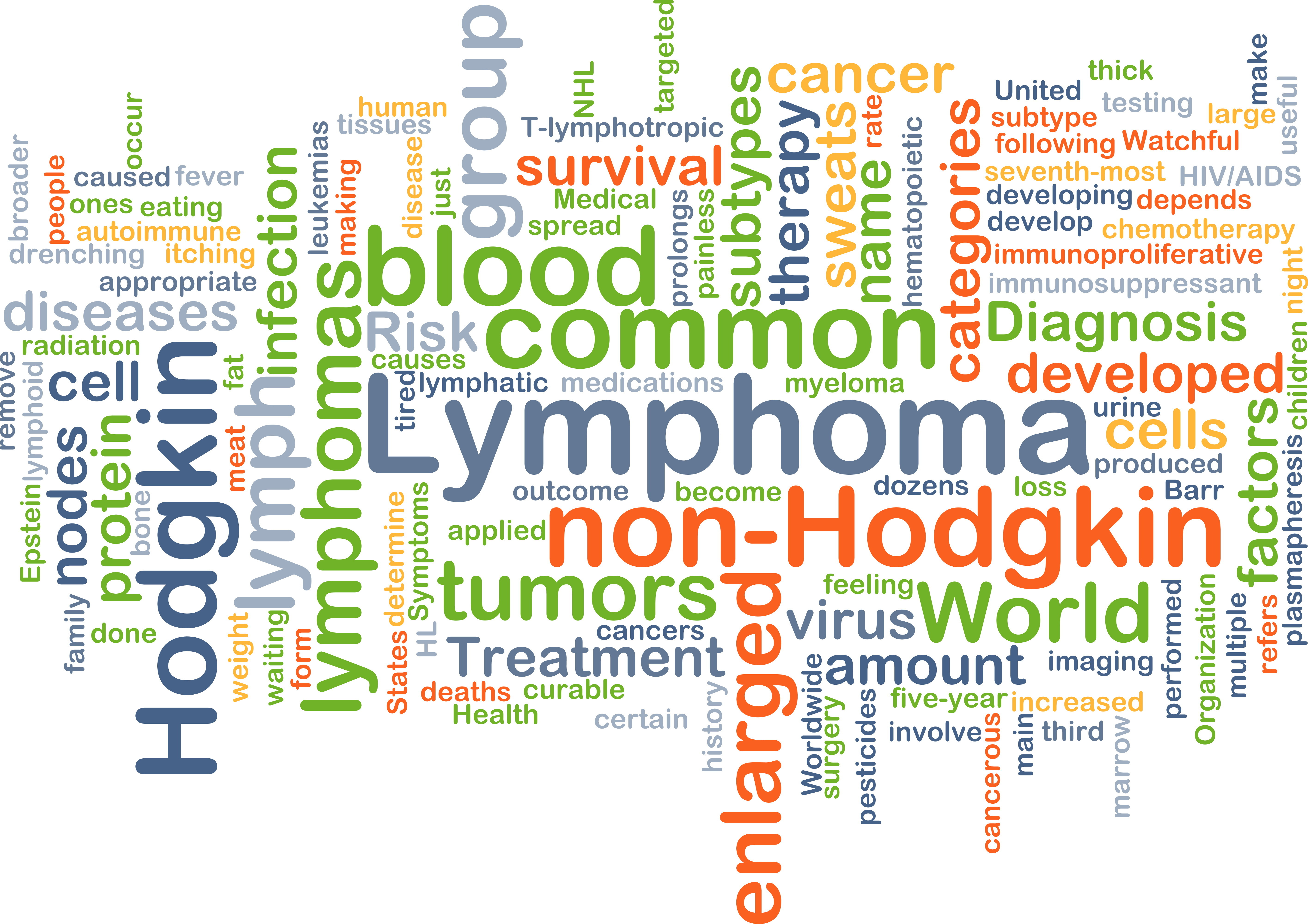+918048043524

This is your website preview.
Currently it only shows your basic business info. Start adding relevant business details such as description, images and products or services to gain your customers attention by using Boost 360 android app / iOS App / web portal.
BASICS OF LYMPHOMA What is lymphoma? Lymphom...

BASICS OF LYMPHOMA What is lymphoma? Lymphoma is a cancer of lymphocytes, which are infection-fighting cells of the body's lymphatic system. When people have lymphoma, their lymphocytes become abnormal and grow out of control. These cells can travel to different parts of the body. Often, the abnormal cells collect in small, bean-shaped organs called lymph nodes. This causes the lymph nodes to swell. What are the symptoms of lymphoma? 1) Swollen lymph nodes- These swollen lymph nodes can be felt under the skin, but are usually not painful. They are often in the neck, groin, armpit, or stomach. 2) Fever 3) Night sweats 4) Unexplained weight loss 5) Fatigue 6) Abdominal fullness/swelling How is lymphoma diagnosed? Whenever lymphoma is suspected, the most important investigation required for confirmation is lymphnode excisional biopsy. The doctor will remove all or part of the swollen lymph node which will be tested under a microscope to see if lymphoma is present. Further subtyping of lymphoma is done by immunohistochemistry ( IHC) which is very important to decide the further plan of treatment. What are the types of lymphomas? Lymphomas are broadly classified into 2 types a) Hodgkins Lymphoma (HL) b) Non Hodgkins lymphoma (NHL)- NHL is further classified into B cell and T cell lymphomas which again are subclassified into many other subtypes based on IHC. What is lymphoma staging? Lymphoma staging is a way in which doctors find out how far lymphoma has spread within the lymphatic system or within the body. For this purpose certain investigations are required 1. PET-CT scan 2. Bone marrow aspiration and biopsy ( if indicated) 3. Cerebrospinal fluid examination ( if indicated) How is lymphoma treated? Treatment of lymphoma depends upon the type of lymphoma and needs to be treated precisely and systematically.If treated properly lymphomas are highly curable. Based on type of lymphoma, treatment options may include 1) Chemotherapy- lymphomas are most commonly treated with chemotherapy 2) Targeted therapy- Rituximab is a monoclonal anti CD 20 antibody which can be selectively used in CD 20 + B cell lymphomas and significantly increases the response rates and cure rates. 3) Stem cell transplant 4) Radiotherapy- in selected cases 5) Close observation- some low grade lymphomas can be safely observed if asymptomatic under supervision of your medical oncologist. Can Lymphoma be cured? If properly treated, lymphomas are highly curable. Early diagnosis and prompt treatment with targeted therapy and chemotherapy is essential for maximizing the chances of cure. The chances of cure depends on the type and stage of lymphoma. In general cure rates can be around 90-95 % in stage 1, 75-80 % in stage 2, 60-70 % in stage 3 and 40-50 % even in stage 4 lymphomas. For more information on lymphomas and success stories visit www.drrahulkulkarnioncologist.in

 +918048043524
+918048043524